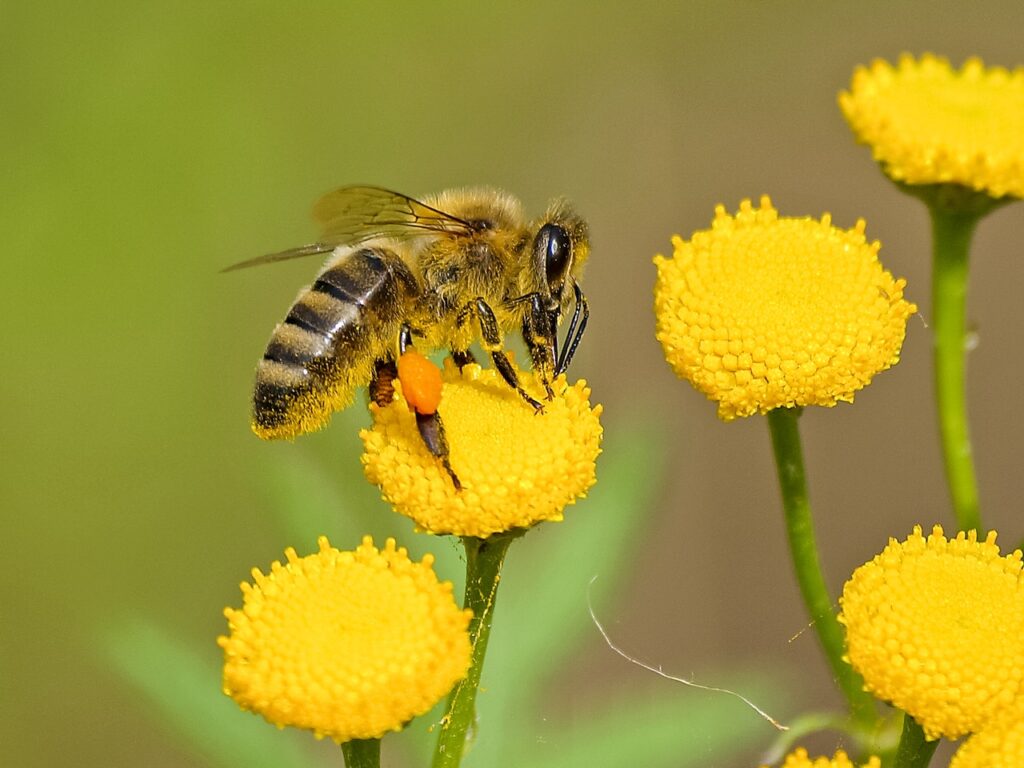BeeHero, an Israeli startup that uses sensors to collect comprehensive data from beehives, is helping beekeepers evaluate just how healthy their colonies are.
Its new Healthy Hive Score assesses colony health based on colony growth, brood health, and queen presence.
The system gives beekeepers an in-depth image of the state of their colonies, enabling them to take proactive measures to prevent colony loss and ensure bee welfare.
And for growers, this metric allows them to make more informed decisions about crop pollination to maintain bee health, thereby increasing yields.
BeeHero’s Healthy Hive Score was first used during the 2023 almond pollination season (February to March) in California.
Growers received scores based on analysis of each of the orchards pollinated by hives under BeeHero management. Based on the average outcome of almonds per acre, growers that worked with BeeHero during this season collectively produced about 270 million pounds of almonds all grown under bee-friendly conditions.
“While beekeepers and growers depend upon strong and healthy hives, they have long struggled to accurately see inside their hives to better understand and care for their colonies, leaving both their crop yields and bottom lines at risk,” said Omer Davidi, CEO of BeeHero.
“The Healthy Hive Score is our latest innovation providing a window into the hive, enabling industry stakeholders to take critical, data-driven action and better manage their colonies, their pollination, and their yields. We look forward to continuing to leverage nature’s data to provide further fruitful insights to our beekeeper and grower partners.”
BeeHero provides beekeepers with sensors that measure parameters like sound, humidity, and temperature in the hive. It analyzes this data using AI in order to detect potential problems, as well as pollination progress. Close to 100,000 acres of crops have already been pollinated with BeeHero’s platform.
The platform serves growers, beekeepers, agronomists, and ag retailers across the US, and is in the process of expanding into Australia, Europe, South Africa, and South America.
Related posts

Israeli AI Safety Tool Among TIME’S Best Inventions For 2024

TAU Team Discovers Mechanism To Eliminate Cancerous Tumors

Ashdod Port Investing In Startups As Part Of Innovation Strategy




Facebook comments